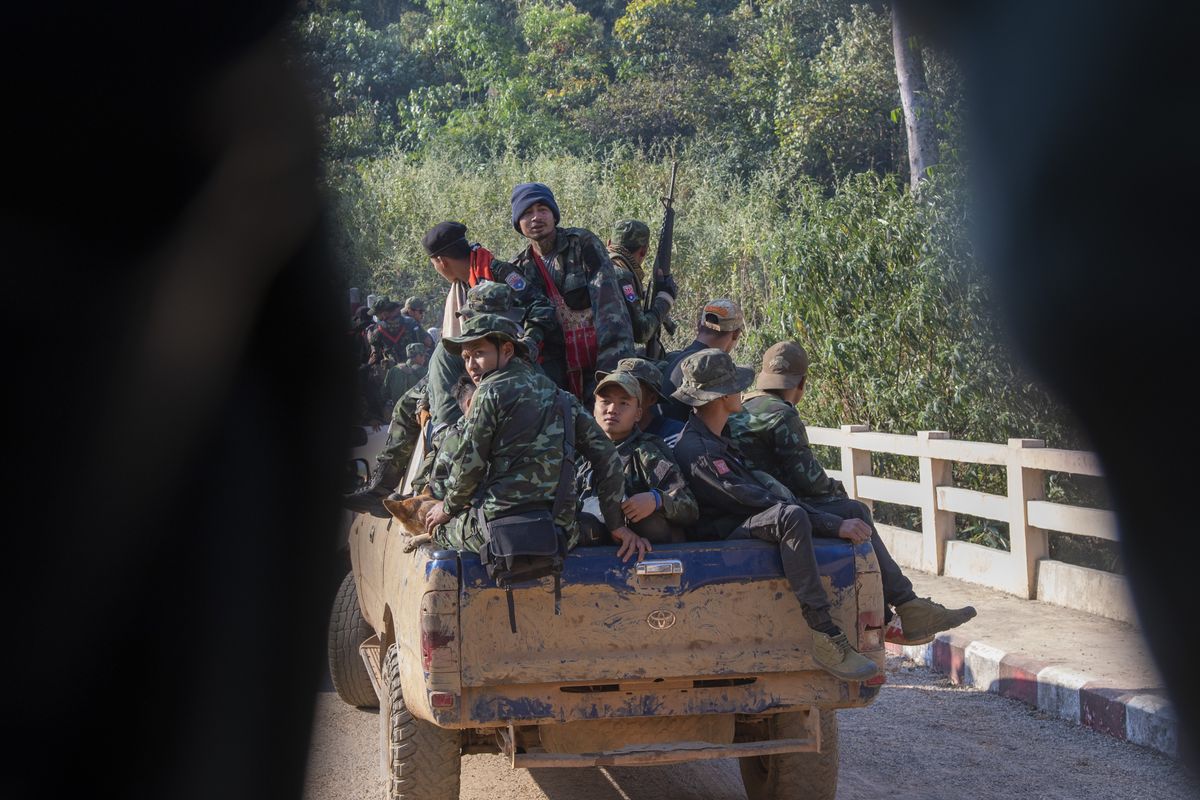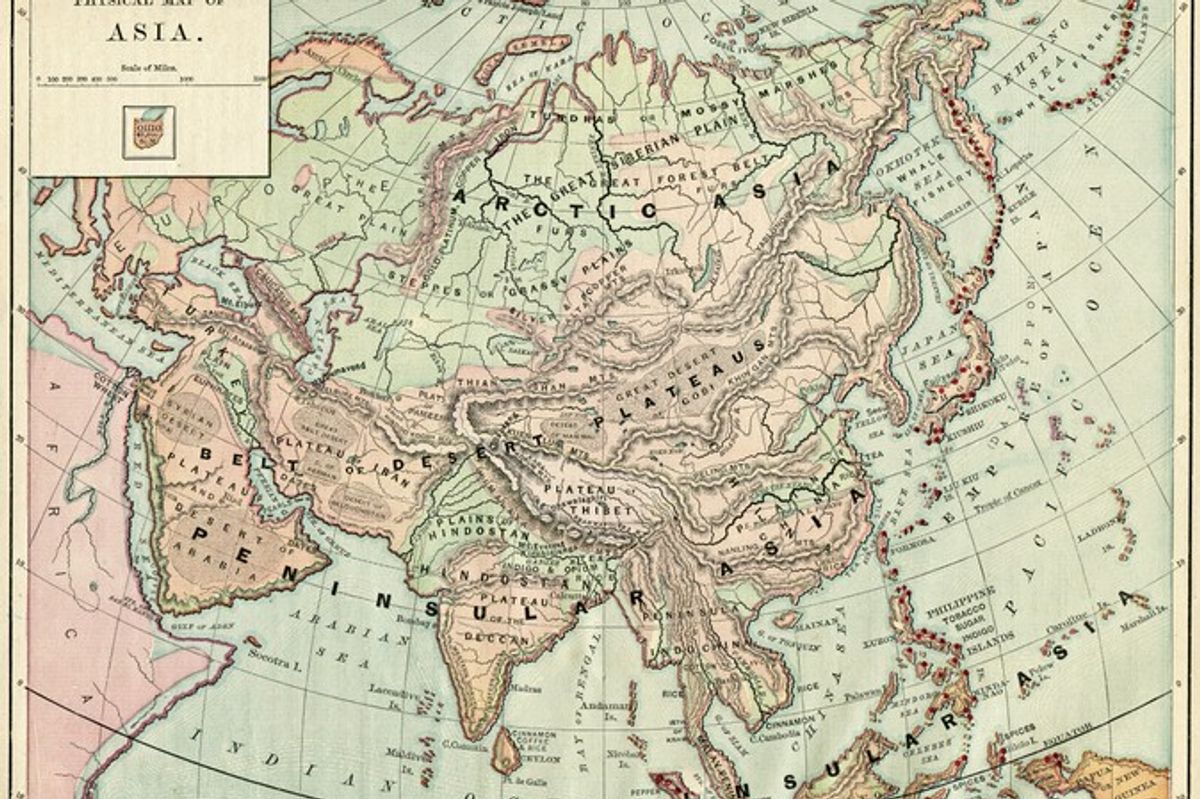Thirteen years ago, on a reporting assignment for The Boston Globe, I described “Burma” as a “deteriorating” country where “the frayed fabric of a nation [was] coming apart at the seams.” The capital, Rangoon, was “clogged with 20-year-old cars running on spare parts and spewing black exhaust.”
Today, Yangon is an entirely different world. And the politics of Myanmar have progressed so rapidly that long-time visitors can be forgiven for doing double takes. Referring to Aung San Suu Kyi as the leader of a democratically elected government rather than an opposition activist detained under years of house arrest still boggles the mind. Yet ethnic tensions, which lead to decades of civil war, remain, as do human rights abuses by the military.
Assessing President Barack Obama’s legacy on Myanmar is therefore entirely dependent on how extended one’s historical arc is. Viewed in the long term, which it should be, his influence and strategic vision helped push Myanmar to a vastly better place than it was in decades.
To be sure, there is still ground to plough, as the military enshrined in the constitution a 25 percent share of parliamentary representation, three key ministries and control of security policy. But the progress made to date should not be taken for granted.
Understanding that the military junta was serious about transitioning to democracy, or at least being willing to test out the proposition by enhancing Washington’s engagement with Nay Pyi Taw, was visionary in hindsight. In 2017, one can look back on the past years and say that the generals telegraphed their intentions all along, starting in 2003 when they announced the “roadmap to democracy.” But until late in Obama’s first term, almost no one took the roadmap seriously other than, apparently, the generals themselves.
Thus, engagement was not a popular strategy in the throes of the U.S. government when Obama started down that path. The prevailing attitude on the Hill was that an all-stick approach of sanctions and more sanctions was the only way to force the junta out of power.
To be sure, the sanctions were a significant part of a sophisticated strategy that nudged Myanmar to this point, but they would likely not have worked without the carrot of engagement that Obama offered.
His initial trip to Myanmar in 2012, the first by a sitting U.S. president in history, came as a result of Obama overriding the objections of senior administration staff who felt that a presidential visit was too much too soon and should only be used as a reward later on once far more significant reform was undertaken.
But Obama’s instincts were proven correct. Rather than pocketing his trip as a concession and stalling out on reforms, the military junta and its allies in the nascent civilian government responded positively to the engagement and set Myanmar on course for the remarkable free and fair elections in 2015 and peaceful transition of power that took place in 2016.
What Obama understood correctly was that the highest echelons of the military government were looking for a “buy-out.” They were not interested in bequeathing authoritarian rule to the next generation of military leaders; nor would they stand for imprisonment for their crimes at the hands of the international community or a future domestic government. Rather, they wanted guarantees that as they stepped back from power, they would be allowed to go quietly into retirement.
That was a deal that Suu Kyi and her National League for Democracy were willing to take.
Working closely with Suu Kyi, the military, and the military’s political allies, the Obama Administration may have turned that rare trick in international diplomacy: successfully transitioning a country from military authoritarianism to democracy without significant bloodshed.
The “may” in this equation stems mainly from concerns over how far the military will go in ceding power to the civilian government generally, and by extension, from the ongoing communal strife in Rakhine state and reports of human rights abuses of Rohingya Muslims at the hands of the Myanmar military.
While the tone of most international reporting is heavily critical of Myanmar authorities, the situation in Rakhine is complex and involves many sides acting badly. That has not stopped the withering criticism of Suu Kyi from Western governments and human rights organizations who expect the Nobel peace prize winner to take a more forceful stand against the military’s rough treatment of the Rohingya.
But Suu Kyi is now—correctly—acting like a governing leader rather than a democracy crusader, mindful of the delicate equilibrium she established with the military and the risks of democratic regression if she calls out the generals publicly and/or acts against them. In its waning days, the Obama administration is wisely steering clear of denouncing her conduct and is working with her pragmatically to improve the situation.
With the violence continuing, Obama critics are once again saying “too much too soon” regarding his decision to end U.S. sanctions on Myanmar, while the president is once again banking on engagement yielding dividends.
In this regard, the larger referendum on Obama’s Myanmar policy will be decided not by the stand Suu Kyi stakes out in Rakhine, but on the conduct of the Myanmar military. Whether it continues to hand over power to the civilian government, and whether it learns to behave as a responsible actor at home and abroad, will determine whether the bet Obama made will pay off.
Significant hurdles remain, but the smart money says it will.
Kevin Cottrell, BGA Research Director for Mainland Southeast Asia, contributed research for this article.













